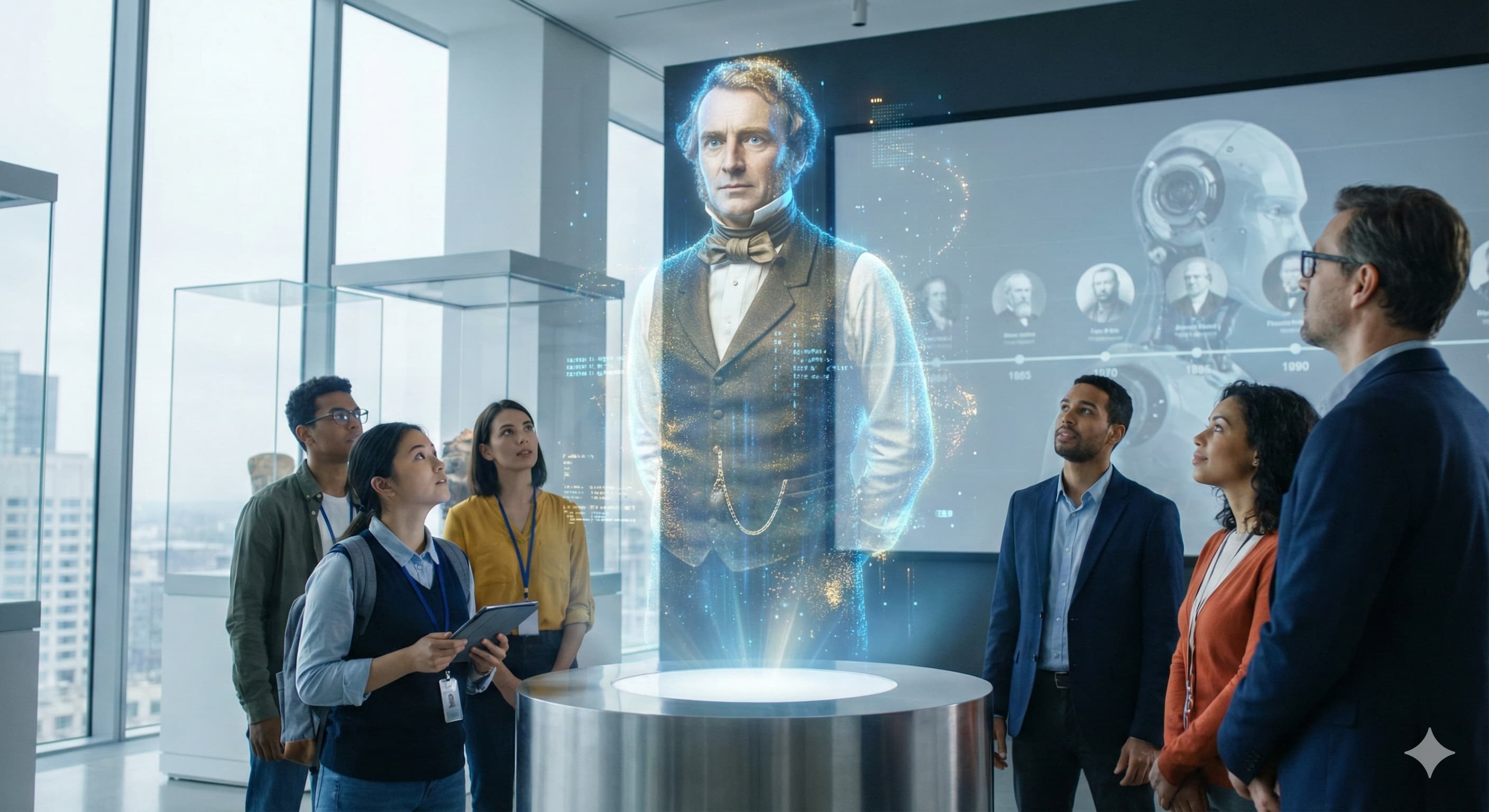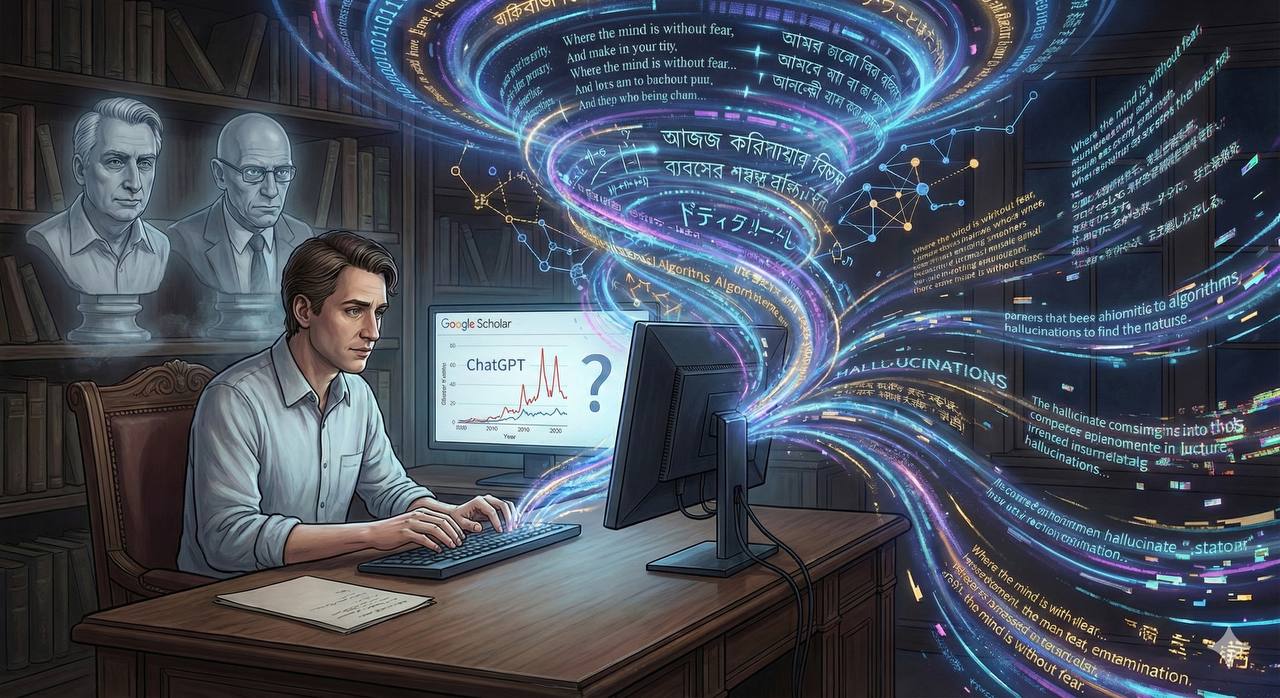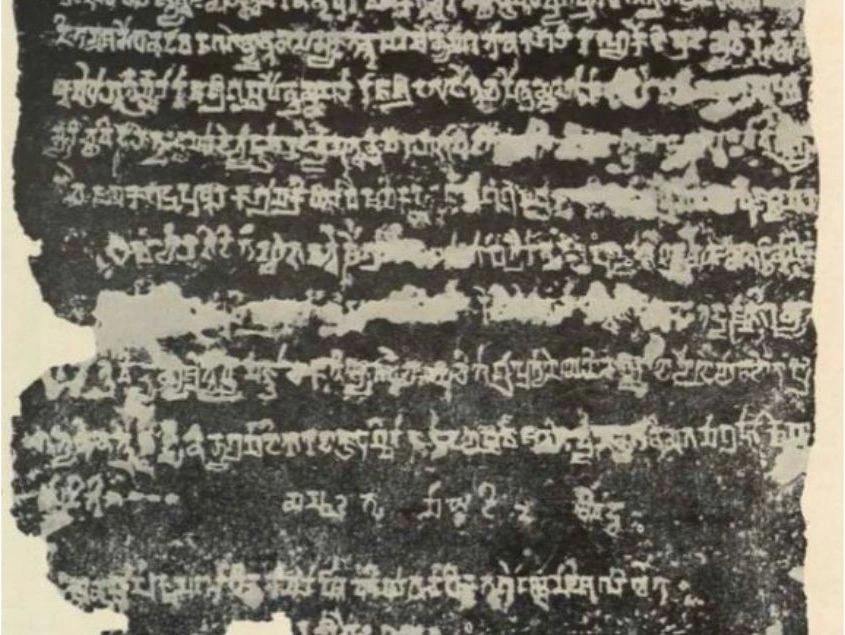The Impact of Eurocentric Bias in AI-Driven Historical Research
The recent AI boom has led us to see Artificial Intelligence as the solution and guide for advancements and discoveries in a variety of domains, including history and archaeology. With innovations like 'Ithaca'; the first Deep Neural Network for the textual restoration of ancient Greek inscriptions with up to 71% accuracy, observing such groundbreaking restorations of ancient texts and artefacts is invaluable and has the potential to help us uncover lost knowledge and preserve it for future generations.
The issue lies in the reality that AI models are being trained mainly using eurocentric and western data sets, which are the most readily available. This raises concerns about whether the knowledge that we discover and will pass on is at all reliable and what this could mean in an era of technological advancements involving data.
What is Eurocentric Bias?
'Eurocentric bias' is the exploration of a situation through the narrative of European descendants, in the context of archaeology and history, this idea broadens to “a specific European understanding of the world” which is more systematically curated.
Throughout global history, we have observed the shortcomings of colonial frameworks which dominate in various fields such as Egyptology and Orientalism. These frameworks, which were primarily recorded through a eurocentric lens, led to distortions in significant events, through which predominantly British and French scholars enhanced stereotypes or downplayed the contributions of non-Western countries. The studies containing these inaccuracies then transferring into digital mediums, constitute the possibility of concerning results.
Coloniality of AI in Archaeology
Mohamed in "Decolonising Artificial Intelligence," emphasises the importance of a decolonial approach to AI in archaeology by integrating data from a broader range of cultures, resulting in more accurate and inclusive historical representations, something that is certainly necessary, given that Western archives account for more than 80% of available digital data.
Artificial intelligence in archaeological study frequently prioritises Western historical data while overlooking non-Western cultures, which is a reflection of the colonial legacy of Eurocentrism. By relying on European data, AI systems used in archaeology pose the risk of marginalising non-European histories and reinforcing colonial power patterns. In addition, colonial metropole-periphery dynamics are apparent in the predominance of Western tech corporations in AI development, producing biassed tools that favour European archaeological studies.
Challenges of Applying AI to Non-Western Archaeological Contexts
According to UNESCO, Artificial Intelligence LLM’s (Large Language Models) can reinforce bias and produce ‘hallucinations’ in order to fill data shortages and gaps. For example, The World Digital Library contains over 19,000 archives, but less than 10% of them reflect cultures outside of Europe and North America, this could perpetuate our lack of understanding of important information such as dead languages and the contexts of ancient cultural artefacts.
Knowing that AI models can recognise patterns and connections based on the data it is already familiar with, key features may be overlooked if they are outside of the area of expertise, as in the data they were trained on, and some cultures are likely to become under-represented or misrepresented. It is crucial that we incorporate diverse data sets from across the world into AI models to ensure that it contributes to a more inclusive and accurate understanding of global history.
The Optimistic Future of AI in Historical Research
The objective should be for AI to be the mitigator of such bias and even identify alternative interpretations using machine learning and training to reduce the influence of societal constraints and promote objectivity. In order for these improvements to take place, we need to be aware of potential biases and inaccuracies existing in the data that is fed to AI models, with transparency and critical evaluation as the next important steps.
The future of accurate historical data moreover involves the present. Developers should strive to diversify datasets, and scholars and researchers should ensure that their studies are as impartial as possible, to conserve accurate information for the generations to come.
References:
Mohamed, S., Png, M.-T., & Isaac, W., Decolonizing Artificial Intelligence (DAIR Institute)
Montón-Subías, S., and Hernando, A., 2018. Modern colonialism, eurocentrism and historical archaeology: some engendered thoughts. European journal of archaeology, 21(3), pp.455-471.
Assael, Y., Sommerschield, T., Shillingford, B. et al. Restoring and attributing ancient texts using deep neural networks. Nature 603, 280–283 (2022).
UNESCO., AI and Archaeology: The State of the Field by UNESCO (2021)









